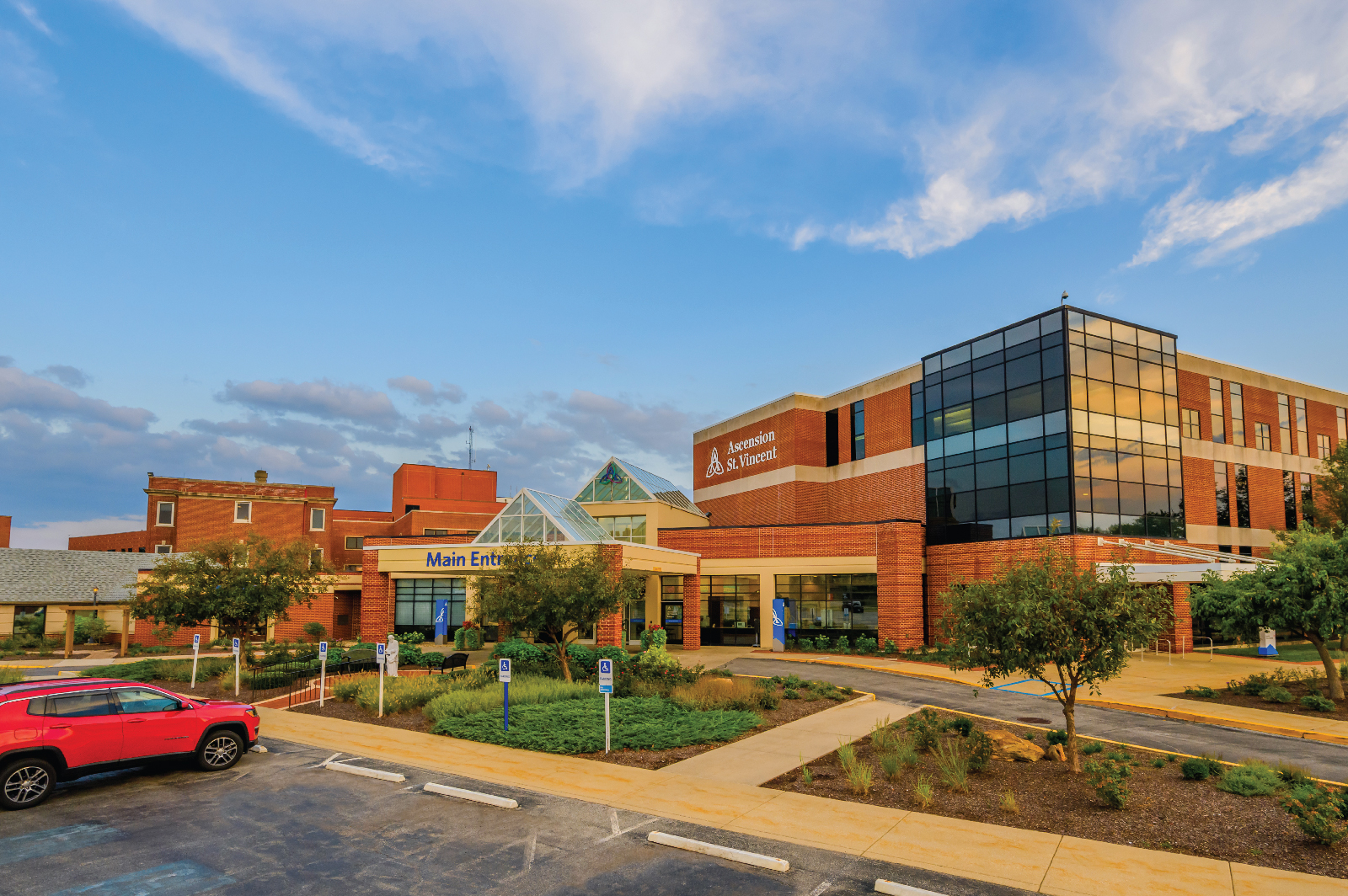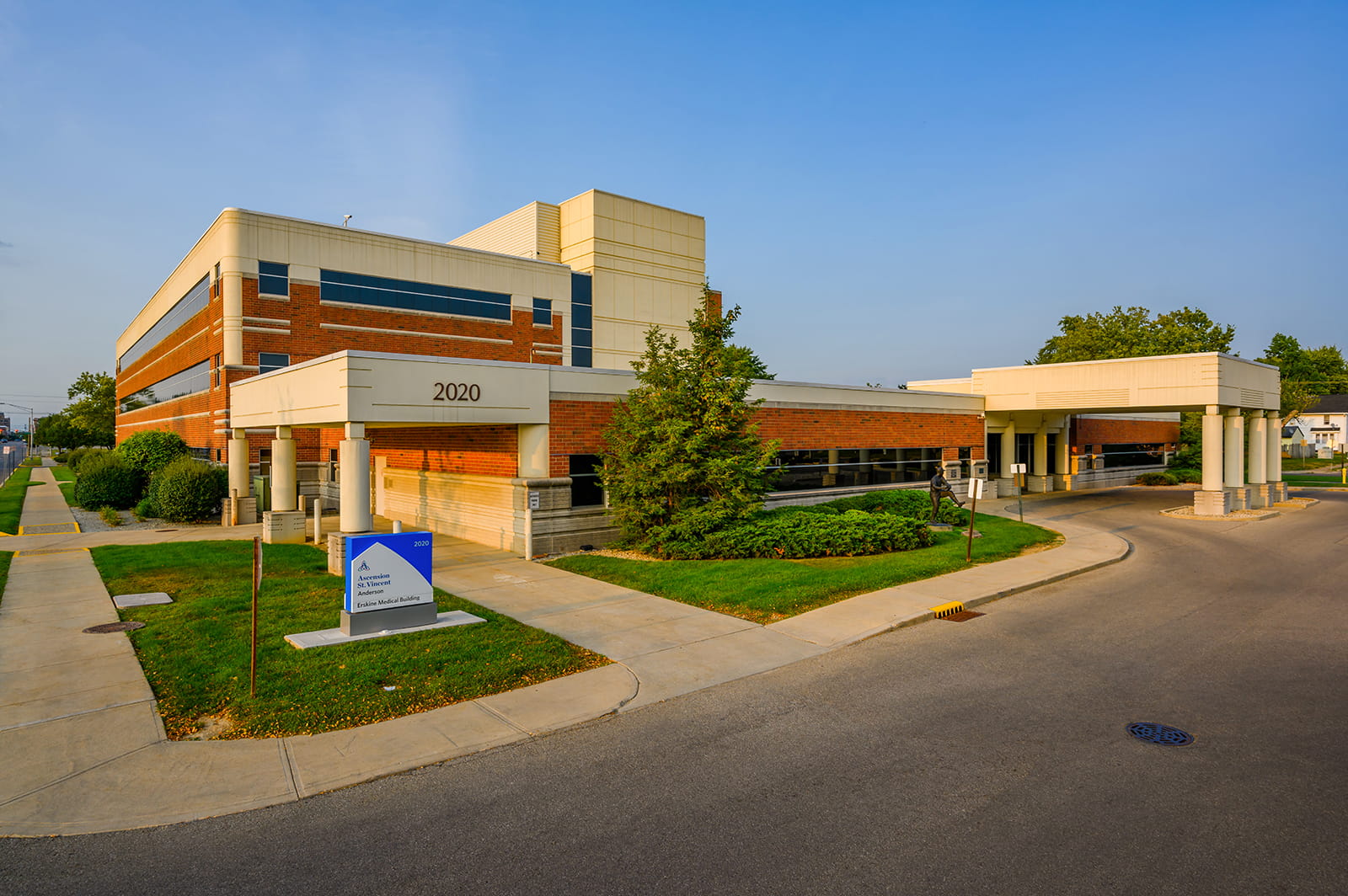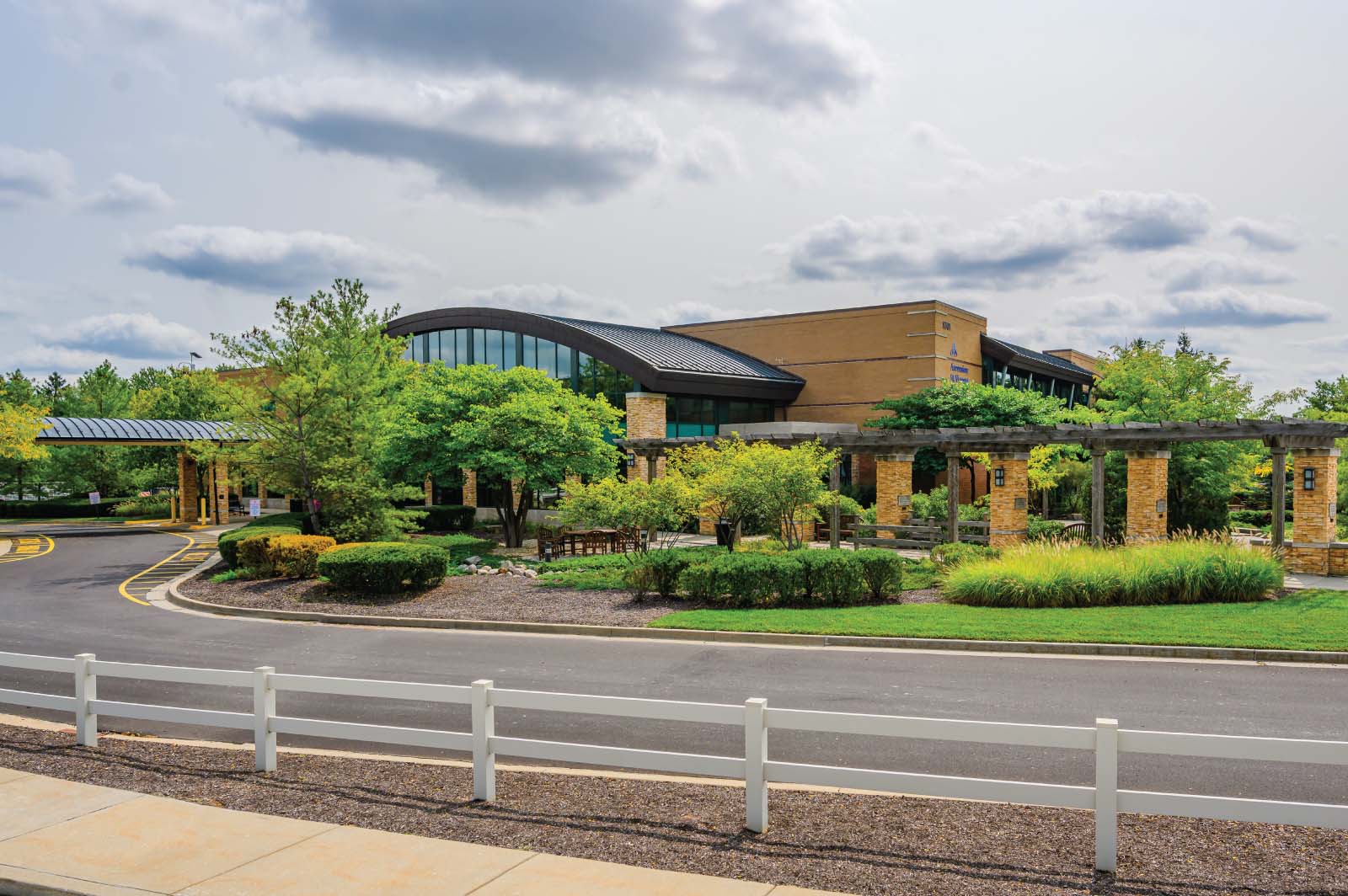
Advanced care for head and neck cancers
-
Are there preventive screenings for head and neck (oral) cancer?
Getting a regular oral exam by your doctor or dentist may help find head and neck cancer early, when it’s most treatable. Doctors and dentists may use an infrared light to help visualize abnormal cells in the mouth and throat. During an endoscopic procedure, a lighted scope helps your doctor view your throat past your tonsils. When you choose ear, nose and throat specialists at Ascension St. Vincent for your care, you are connected to all the care you need – from routine screenings to advanced care.
-
Is financial assistance and support available?
We can connect you with resources and programs that may be able to help you and your family with options for financial assistance. Our financial counseling team is here to listen to your concerns and work with you to help find options that meet your needs. Your cancer care navigator can connect you to a financial counselor.
-
My doctor told me about an enhanced recovery program. What is that?
Surgical oncologists and anesthesiologists provide enhanced recovery pathways as part of your surgical care plan. They are an important part of our cancer treatment programs. Each pathway is personalized for different types of cancer treatment, to help speed up your recovery after surgery. Your care team uses these protocols to help you prepare for what to expect before, during and after surgery.
-
What is your cancer center known for?
Your doctor and care team get to know you well, and you’ll receive care for the whole person – your physical and mental health. We also provide compassionate, personalized support for your family and caregivers. At Ascension St. Vincent Cancer Center, we provide innovative medication treatments, the latest surgical technologies and techniques, high-tech radiation facilities and support services. Our cancer providers are part of a network of cancer specialists sharing the latest in cancer care knowledge and research.
-
What tests are used to diagnose head and neck cancer?
Your care team focuses on identifying if the tumor is non-invasive or invasive, and to understand where the tumor began and whether or not the cancer has spread. Diagnostic blood testing, imaging and endoscopic procedures can help your doctor diagnose your condition and stage even the most rare cancers. And we use advanced genetic and molecular studies to recognize head and neck cancer subtypes to create a care plan for your type of cancer.
-
Where do I park?
At Ascension St. Vincent cancer center and clinics, we offer convenient parking, by a valet if needed. Talk to your care team or care navigator if you have transportation needs.
-
Who is on my cancer care team?
Hearing the word cancer comes with a lot of thoughts and emotions, and we’re ready to support you. You'll meet with your doctor to discuss your diagnosis and your care options. At Ascension St. Vincent, your care team may include:
- ENT specialist and surgeon
- Endocrinologist
- Medical oncologist
- Oncology-certified nurses, dietitians and social workers
- Oncology-certified pharmacist
- Palliative care specialist
- Plastic surgeon
- Radiation oncologist
- Radiologist
- Speech-language pathologist
- Other specialists, including a dentist or maxillofacial surgeon
-
Who should I call when I have questions?
At Ascension St. Vincent, you get an entire team dedicated to your care. You may have a lot of concerns and questions. Your doctor and care team are ready to listen and answer your questions. Working together, we offer services that help support your treatment plan, including managing pain and other symptoms, medications, appetite changes, difficulty swallowing, sleeplessness, fatigue and mood changes. Your care team stays connected throughout your care to discuss your treatment and progress.


